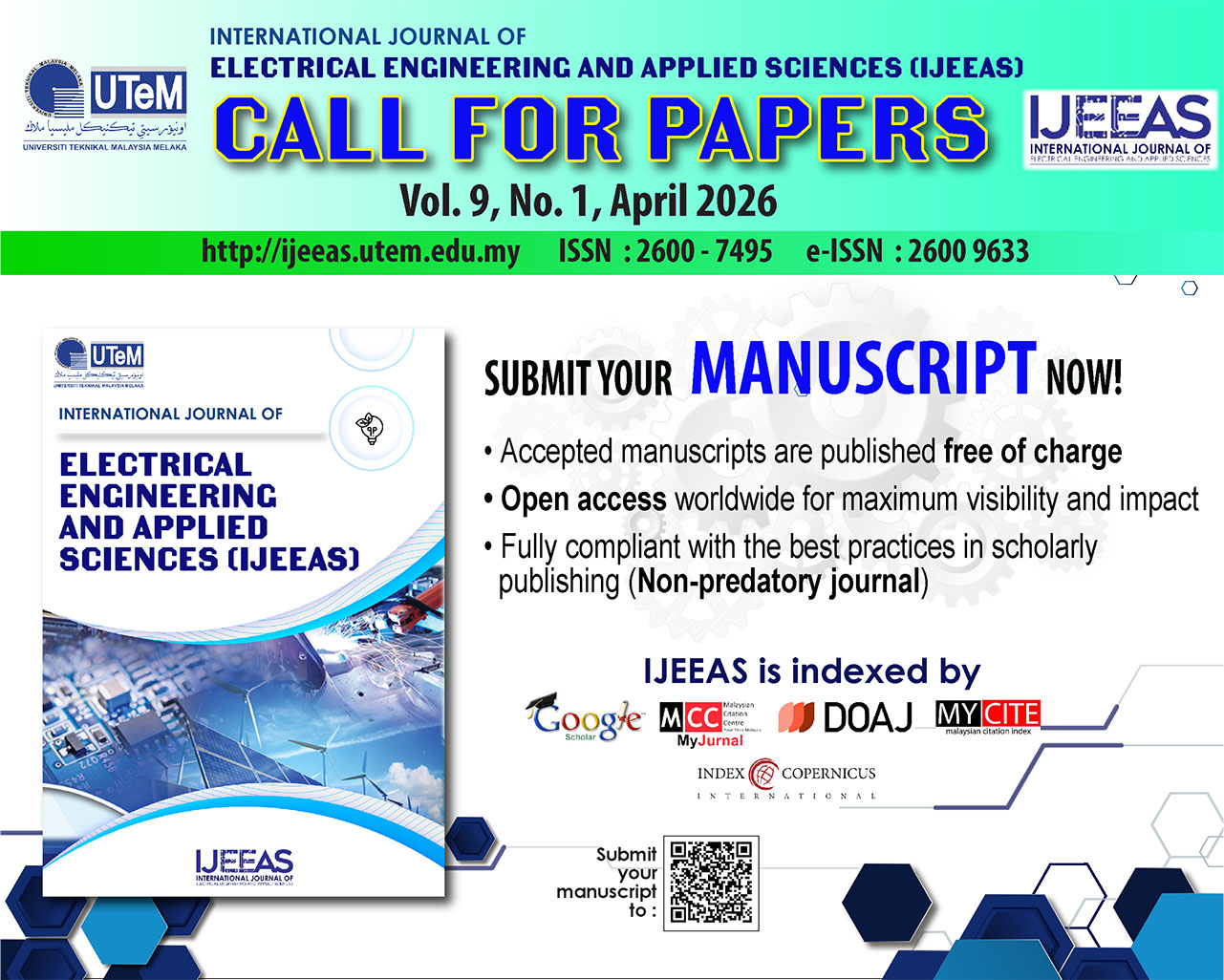An Exploratory Study of Teachers’ Attitudes towards Integration of STEM in Malaysia
Abstract
Integrated science, technology, engineering and mathematics (STEM) education is a relatively new concept in Malaysia. It is also one of the core elements in the construction and implementation of the Secondary School Standard Curriculum (KSSM) in Malaysia, which is newly launched in 2017. Teachers are the key agent of any policy implementation which is related to teaching and learning process. Therefore, attention on teachers’ attitudes towards STEM is an essential step in exploring the provision of the best practice in integrated STEM education. This small-scale survey is a preliminary study of the secondary school teachers’ attitude towards integrated STEM in Malaysia. In this regard, an A-STEM Survey which contains 28 items of 5 points Likert scale with five constructs of attitudes was utilised. These include attitude towards science, attitudes towards technology, attitudes towards engineering, attitudes towards mathematics and attitudes towards integration of STEM. Fifty-five secondary school teachers ( = 55) were purposively selected to be the sample. The collected data were analysed by using the SPSS software. Descriptive analysis included percentage and correlation analysis has been utilized to evaluate the collected data. The finding suggests that teachers’ attitudes towards integration of STEM were overall positive. The positive attitudes towards STEM among the teachers can expedite the forming of integrated STEM education in Malaysia. It is expected that the results could provide useful information to the relevant stakeholders in formulating the implementation strategy for the integrated STEM education in Malaysia.
Downloads
Downloads
Published
How to Cite
Issue
Section
License
Authors who publish with this journal agree to the following terms:
- Authors retain copyright and grant the journal right of first publication with the work simultaneously licensed under a Creative Commons Attribution License that allows others to share the work with an acknowledgement of the work's authorship and initial publication in this journal.
- Authors are able to enter into separate, additional contractual arrangements for the non-exclusive distribution of the journal's published version of the work (e.g., post it to an institutional repository or publish it in a book), with an acknowledgement of its initial publication in this journal.
- Authors are permitted and encouraged to post their work online (e.g., in institutional repositories or on their website) prior to and during the submission process, as it can lead to productive exchanges, as well as earlier and greater citation of published work (See The Effect of Open Access).







